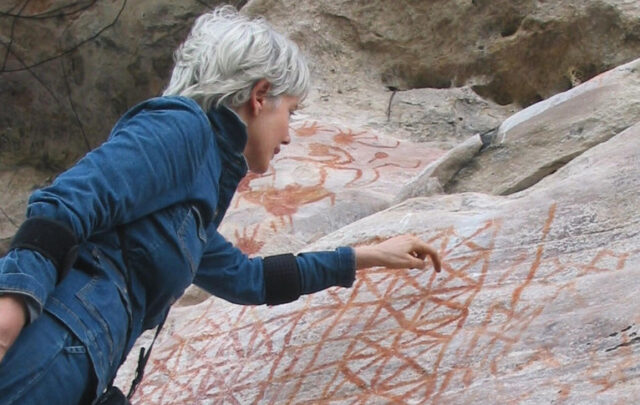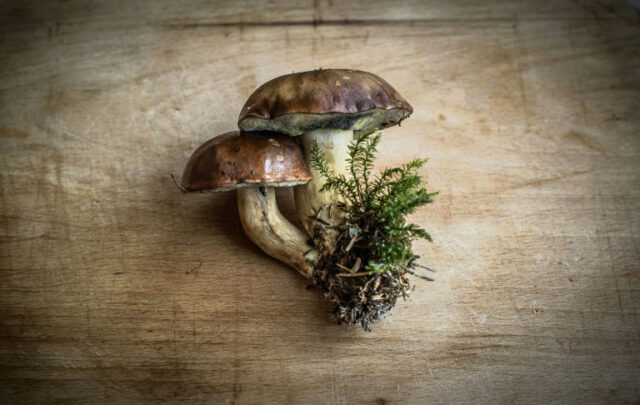Ok, I’m going to try and work some more on the list of necessary skills. So five more entries on this subject – and more coming. Last time was the absolute minimum – but I’m still working on a list of everything you might ever need to know.
-
How to have a sense of humor about stuff, and how to shake off your distress and go on. How to be kind when you are pissed off and grumpy, but it isn’t anyone’s fault.
We just had a massive flood here – 7 inches of rain in a few hours. My garden was under 2 feet of water – and I had just spent five days painstakingly planting all the fall garden in the blazing heat. My basement was full of water and I was sumping at 2 am. The unprintable people who fixed our roof 3 years ago and did a bad job, and came back this year after we threatened to sue and said they’d fixed it were wrong – we removed 17 *QUARTS* of water from various vessels in our dining room – and that doesn’t include what ended up on the floor. So I have been practicing this skill set. It really does make a big difference, both to the people around you and also to the person forcing themselves not to be a jerk (of course, I am not talking about me…;-)).
- How to wring the most out of everything. Extreme thrift
- How to have sex well.
- How to Grow Stuff
- How to Handle Water
a. How to minimize waste and minimize expenditures – reducing need, using care and good management skills.
b. How to take care of your stuff so it won’t break, how to repair and patch it if it does
c. Repurposing of now useless things, making do, creative compensating for things you lack.
a. How to navigate sexual dynamics and power relationships so that everyone is safe, having fun and acting consensually. Teaching children the same – when to, when not to, what consent means, etc…
b. The risks of pregnancy, how not to get pregnant when you don’t want to, and the simple fact that no strategy is perfect if it involves heterosexuals and the most commonly used orifices, so – how to be prepared to have a child.
c. How to make your partner happy, if you’ve got one – this will only help in tough times.
a. How soil works, basic botany, plant identification, a general understanding of the conditions specific plants need and how to create them, a general understanding of plants that will do well in your conditions.
b. How to use basic tools – physical skills for gardening. Hoeing, shoveling – these can be done well or badly.
c. How to recognize diseases and pests, how to recognize when things are ready to harvest, how harvest correctly.
d. Seed saving and basic plant breeding and genetics.
e. Composting and maintaining soil fertility.
a. How store water, use it thriftily, reuse it safely and thriftily and not contaminate it
b. capturing water for use or reuse as many times as possible, and as efficiently as possible, using swales, run off, etc…
c. Source of contamination and how to purify water
Ok, more coming…handling wastes, cooking, health, arts, building…





